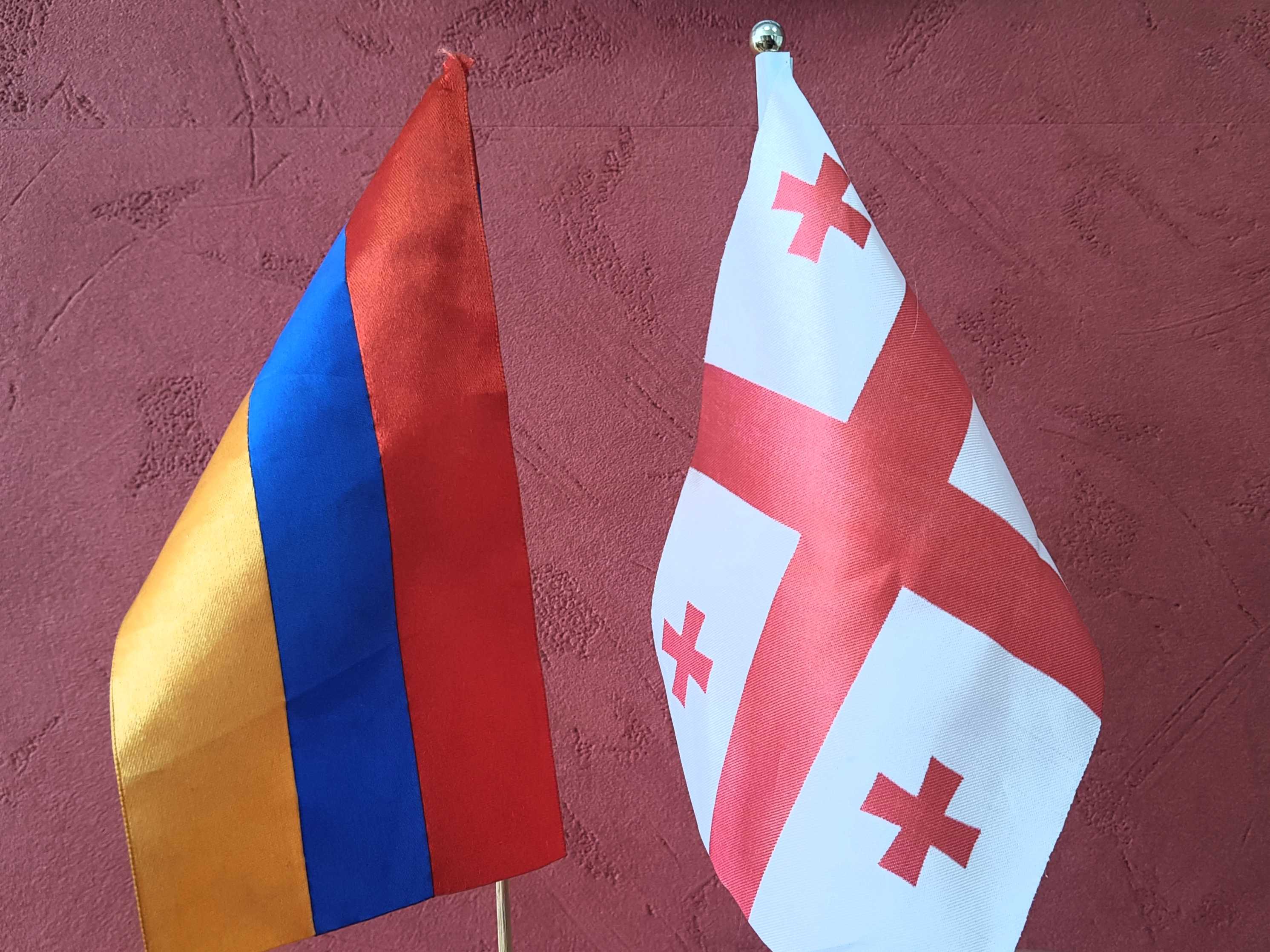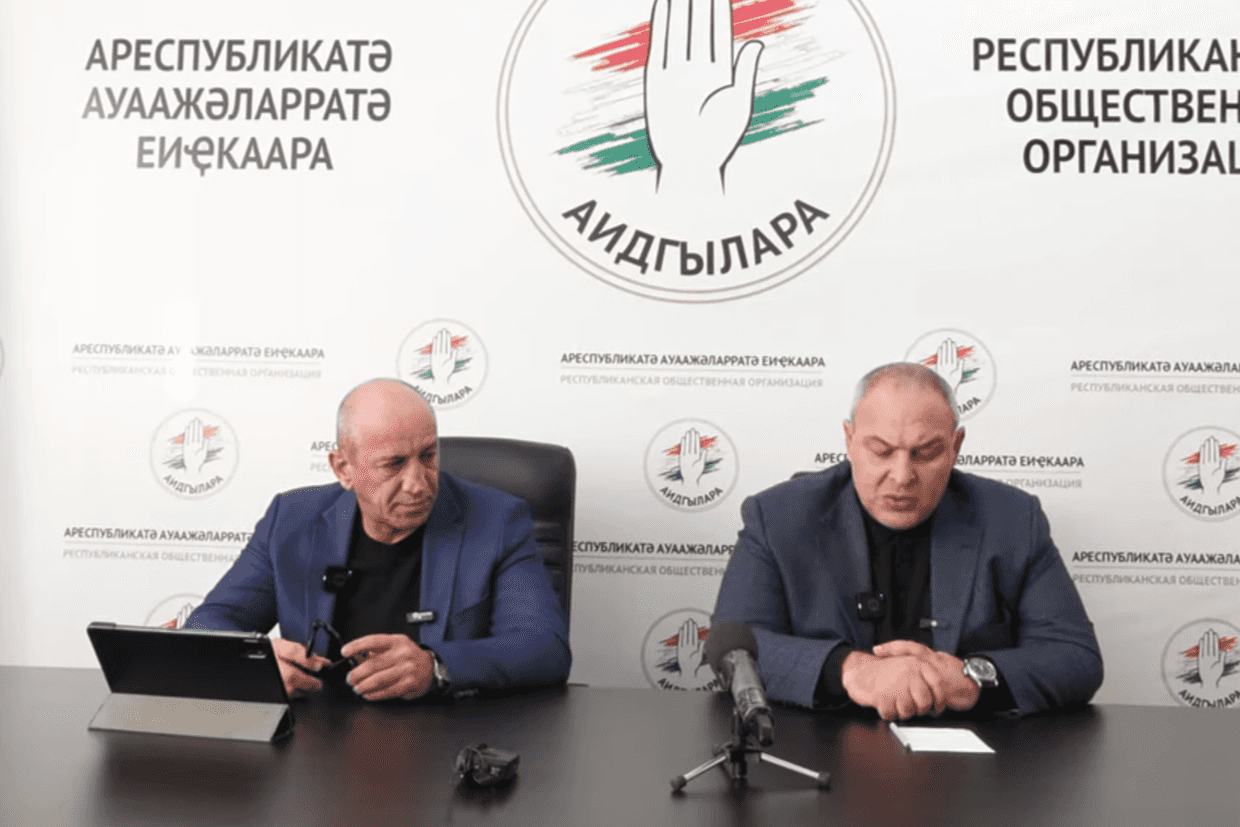

Armenia has abstained from voting on a UN resolution calling for the return of IDPs to Abkhazia and South Ossetia for the first time since 2008, when the resolution was first introduced. Armenia had previously always voted against the resolution in the annual votes at the UN General Assembly.
On 4 June, during the 73rd session of the UN General Assembly, the resolution was adopted with 79 countries voting in favour, 15 against, and 57 abstentions.
In a statement, the Georgian Foreign Ministry said that ‘the resolution condemns the forced demographic changes in the occupied regions, emphasises the right of all internally displaced persons and refugees, regardless of their ethnicity, to a safe and dignified return to their places of origin, and focuses upon the need to fully respect and protect their property rights. The resolution reiterates the importance of unimpeded humanitarian access in the regions of Abkhazia and Tskhinvali Region.’
This year, the resolution was put forward by Georgia and 44 other countries.
In a speech to the General Assembly, Georgia’s Permanent Representative to the UN, Kaha Imnadze, said that the security and human rights situation inside Abkhazia and South Ossetia remained ‘extremely alarming’.
‘People endure kidnappings, arbitrary detentions, seizure of property, as well as continued discrimination on the grounds of ethnic origin including severe restrictions on free movement and residence, and access to education in their native language’, said the statement of Georgian Foreign ministry.
According to them, Imnadze also stressed that it was ‘heartbreaking to see the Secretary-General’s latest report referring to the “tragic loss of life” of the Georgian IDPs while in detention by the occupying power. Such cases happen far too often and far too many: Basharuli, Otkhozoria, Tatunashvili, Kvaratskhelia’.
Why did Armenia abstain?
Ivane Abramashvili, the executive director of Georgian think-tank Caucasian House, told OC Media that Armenia had previously rejected the resolution because embracing it would mean they also supported Azerbaijan’s policy on Nagorno-Karabakh.
He referred to article 8 of the resolution, according to which the General Assembly committed to discussing during the next session the ‘protracted conflicts in [Georgia, Ukraine, Azerbaijan, and Moldova] and their implications for international peace, security, and development’.
He said Armenia’s change of tack could mean two things: that it was seeking to improve Georgian-Armenian relations and taking a step to emphasise a significant angle of dialogue with Azerbaijan. ‘It has neutralised the problem existent in its relations with Georgia and at the same time, gained points in the eyes of the International Community and Azerbaijan’, he said.
‘The influence of the “Karabakh clan” has softened in the new government; the pressure has been basically lifted and this is a concrete step forward in relation to Azerbaijan’, said Abramashvili, but added that it was too early to predict how the move might influence Armenia’s relations with Russia.
Richard Giragosian, the Founding Director of the Regional Studies Centre, an Armenian think-tank, said that the move could be seen as ‘a more careful and cautious diplomatic position on the issue’ than the country had previously taken.
‘For Armenia, despite expectations and perhaps pressure from Russia, the abstention may have been a compromise, aimed at no longer angering its important neighbour, Georgia, while seeking more flexibility from the Moscow line in UN votes’, Giragosian told OC Media.
‘Despite the coming to power of a more open and more democratic government in 2018, Armenian diplomacy remains rather neither as innovative nor as strategic as it needs to be’.
‘That deficiency is most evident in terms of addressing any diplomatic question over territorial integrity or any issue that would have influence or hold precedence over the Nagorno-Karabakh (Artsakh) conflict.’
Giragosian said that this was not a sign of confidence or competence in diplomacy ‘rather, Armenia’s voting record reflects a disturbing trend of either being overly fearful and submitting to Russian preferences, or of failing to uphold the moral high ground, when it comes to the Russian seizure of Crimea, the war in eastern Ukraine, or on Syria, where any blind allegiance to Moscow’s policy preferences only undermines and undercuts Armenia’s democratic credentials and diplomatic credibility’.
Negotiations on Nagorno-Karabakh
There have been no official negotiations between Armenia and Azerbaijan on the settlement of the Nagorno-Karabakh conflict since the Velvet Revolution in Armenia.
However, Aliyev and Pashinyan met on 29 March in Vienna for the first time under the auspices of the Co-Chairs of the OSCE Minsk Group.
[Read more about Armenian-Azerbaijani relations on OC Media: Armenia hopes for Nagorno-Karabakh’s return to the negotiating table]
According to the OSCE, they exchanged views about several key issues of the settlement process and ideas of substance.
‘The two leaders underlined the importance of building up an environment conducive to peace and taking further concrete and tangible steps in the negotiation process to find a peaceful solution to the conflict. Recalling their conversation in Dushanbe, the leaders recommitted to strengthening the ceasefire and improving the mechanism for direct communication. They also agreed to develop a number of measures in the humanitarian field’, said OSCE statement, elaborating that the two leaders also agreed to continue their direct dialogue.









